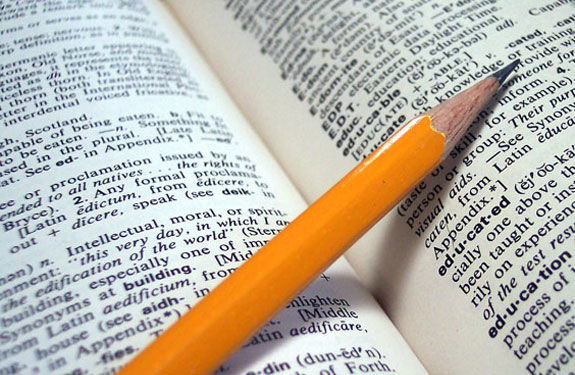January 16
Suggesting a scheme for preparing correct texts, the Birmingham printer John Baskerville wrote to Robert Dodsley, the foremost 18th century London publisher of belles-lettre, on this day in 1754:
“Tis this. Two people must be concerned; the one must name every letter, capital, point reference, accent, etc., that is, in English, must spell every part of every word distinctly, and note down every difference in a book prefaced on purpose. Pray oblige me in making the experiment with Mr. James Dodsley in four or five lines of any two editions of an author, and you’ll be convinced that it’s scarcely possible for the least difference, even of a point, to escape notice. I would recommend and practice the same method in an English author, who most people imagine themselves capable of correcting. Here’s another great advantage to me in this humble scheme: at the same time that a proof sheet is correcting, I shall find out the least imperfection in any of the types that has escaped the founder’s notice. I have received great encomium on my Specimen from Scotland.”
Good advice, and honored in the breach by too many printers who but casually route a job through production with scarcely a thought about proofreading, a non-chargeable item on the cost sheet. This, in spite of the great scholar printers of the past who built their reputations and that of the whole craft on the correctness of their texts.
Charles Dickens took the proofreader’s task seriously, and at one time addressed a London meeting of the Correctors of the Press, saying, “I know from some slight practical experience, what the duties of the correctors of the press are, and how those duties are usually performed; and I can testify, and do testify here, that they are not mechanical, that they are not mere matters of manipulation and routine, but that they require from those who perform them natural intelligence, much super-added cultivation, considerable readiness of reference, quickness of resource, an excellent memory, and a clear understanding.”
